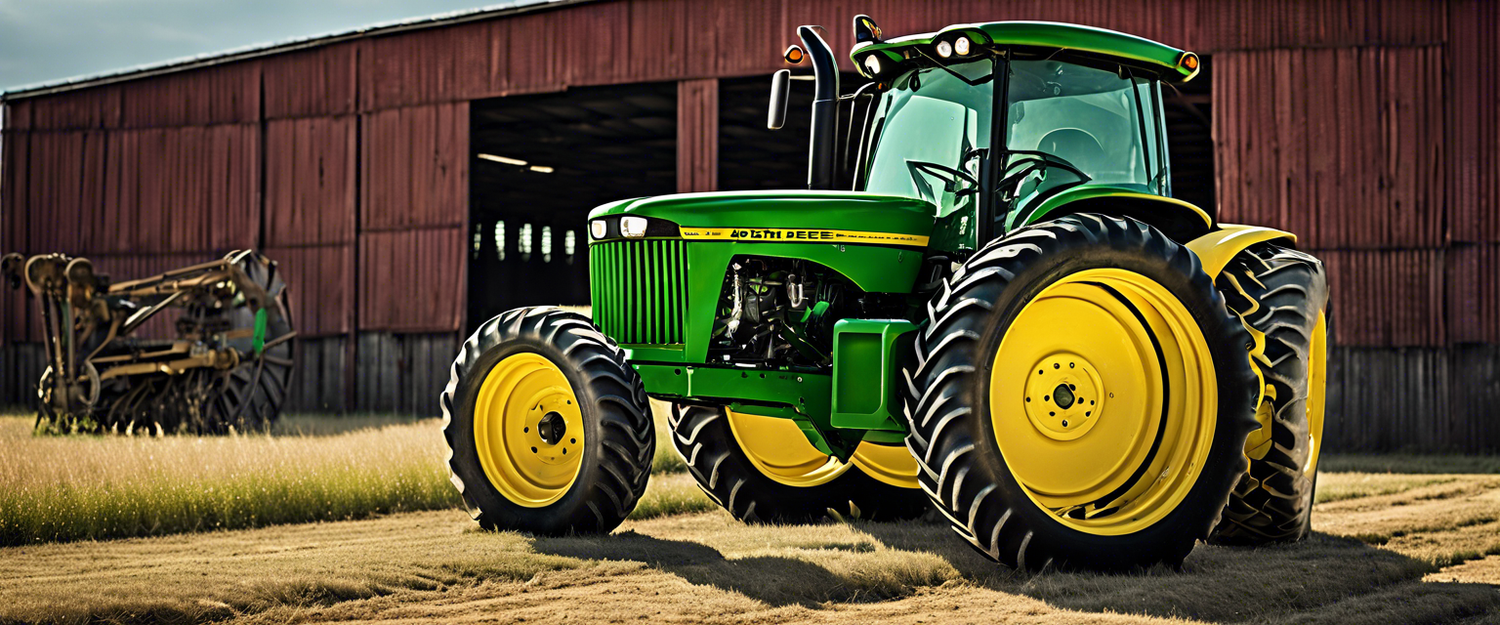Understanding the Right to Repair: Deere's Notice on Emission Control Devices
On February 12, 2024, Deere issued an important notice to its customers regarding the potential omission of key information in their manuals. The company revealed that manuals may not include a crucial statement, highlighting the rights of owners and repair shops: “[a] repair shop or person of the owner’s choosing may maintain, replace, or repair emission control devices and systems with original or equivalent replacement parts.” This exclusion can undermine farmers’ ability to repair their equipment effectively.
The Legal Context: What the Clean Air Act Says
The Clean Air Act plays a significant role in regulating emissions from mobile sources such as tractors and farm machinery. The Act mandates that manufacturers provide necessary information to ensure that emissions control systems are maintained properly. Specifically, it directs the Environmental Protection Agency (EPA) to require manufacturers to provide:
- Information for diagnosing emission-related issues.
- Instructions for repairs related to emission controls.
The law explicitly states that such essential information cannot be withheld from independent repair shops or individuals engaged in the servicing and diagnostics of motor vehicles.
Challenges in the Repair Process: The Role of Software
While a majority of repairs on agricultural equipment involve physical parts, approximately 2% of repairs today involve software changes. This presents unique challenges, especially in a regulated emissions environment. Software modifications can significantly impact a vehicle's emission output. For instance, changes to a diesel engine’s software could adversely affect its emissions of nitrogen oxides and particulate matter.
Balancing Repair Rights with Regulatory Compliance
During discussions about right-to-repair laws, manufacturers like Deere often express concerns about software changes that can affect compliance with emission regulations. For example, changes in governor gain scheduling on a diesel engine could lead to increased emissions, which are strictly regulated. Companies are acutely aware of how software modifications could change operational output and are cautious about the implications.
Conclusion: Navigating the Right to Repair and Regulation
Deere's recent notice has reignited discussions about the right to repair, particularly regarding emission control devices. Farmers and repair shops must be aware of their rights under the Clean Air Act and understand the implications of software changes on their machinery's compliance with emission standards. By ensuring clarity in manuals and keeping open communication about repair practices, manufacturers can support their customers while adhering to regulatory requirements.



اترك تعليقًا
تخضع جميع التعليقات للإشراف قبل نشرها.
This site is protected by hCaptcha and the hCaptcha Privacy Policy and Terms of Service apply.